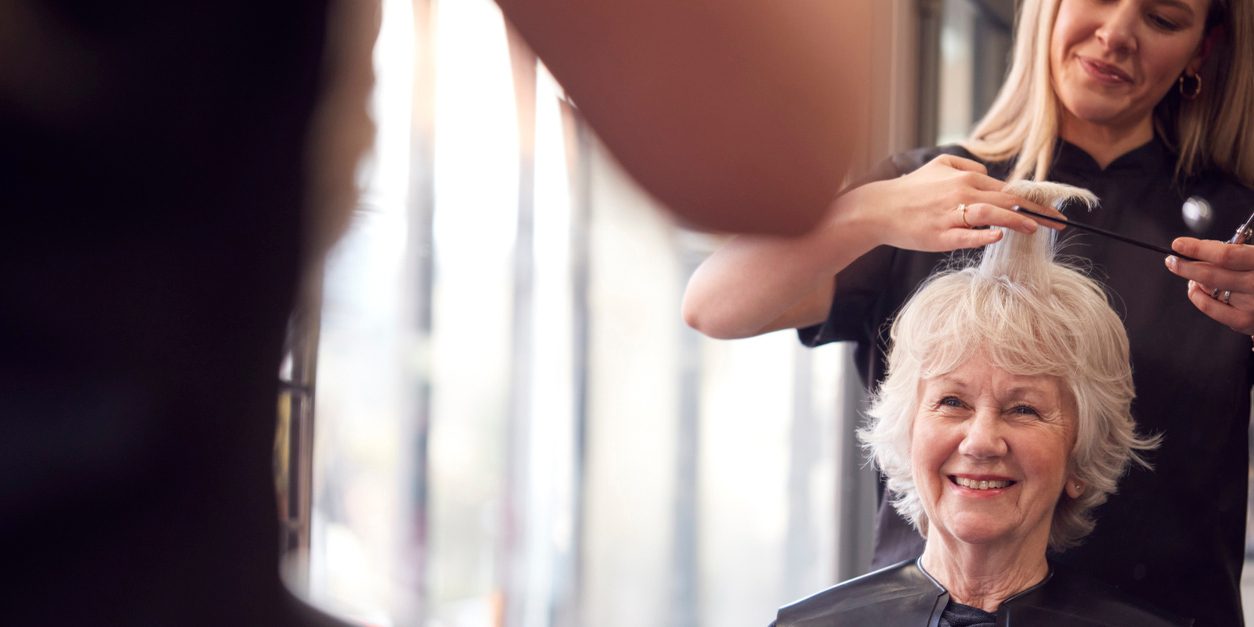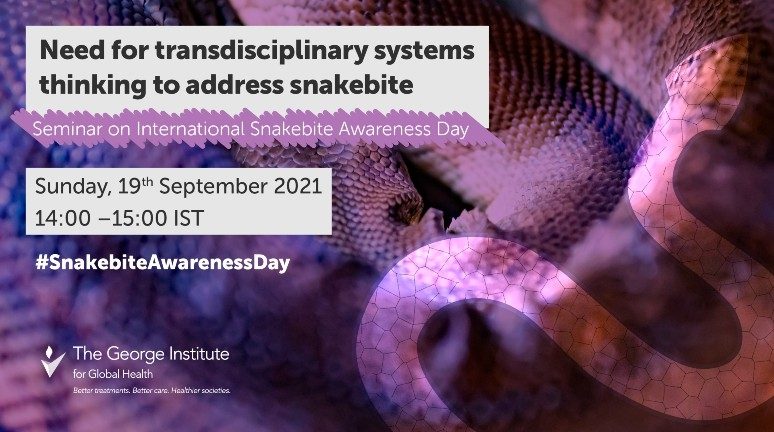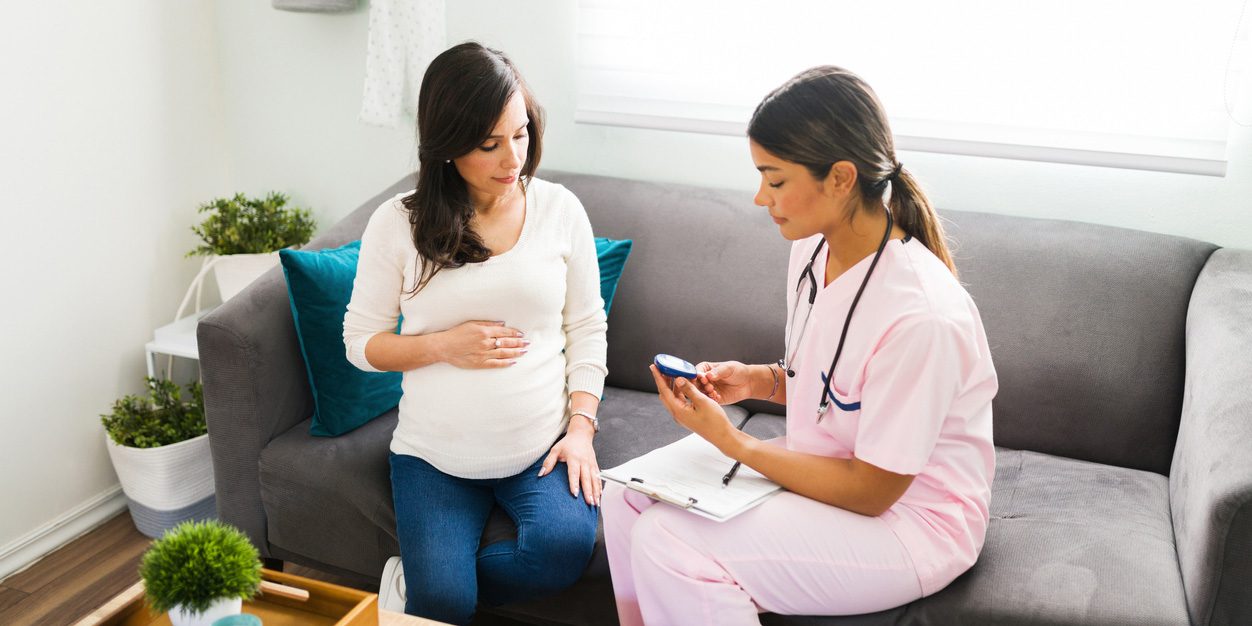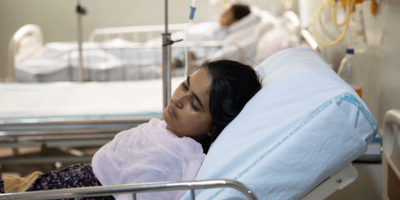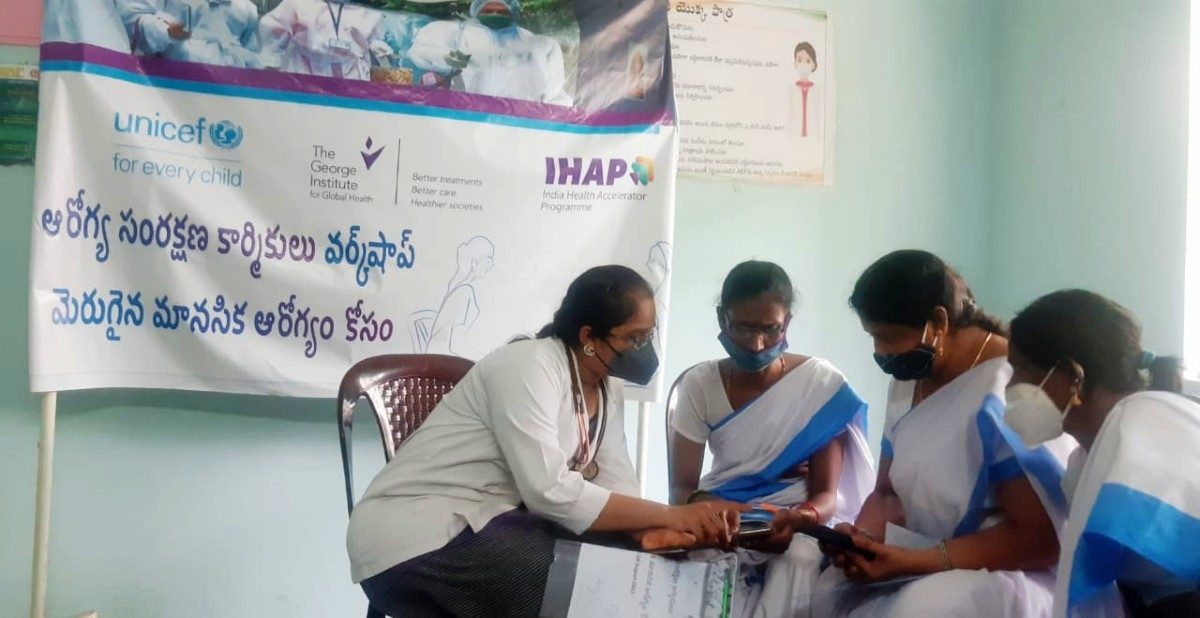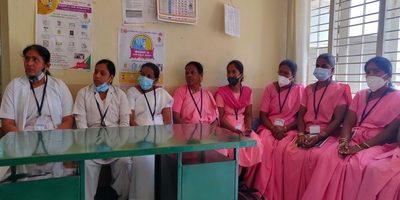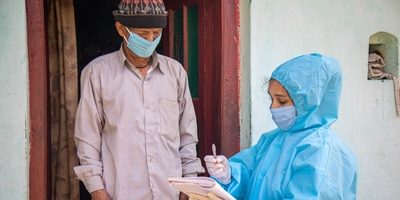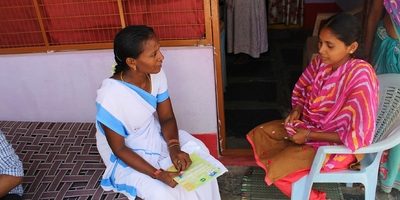The George Institute and UNSW School of Women’s and Children’s Health have been jointly awarded a ‘UNSW Medicine & Health Cardiac, Vascular and Metabolic Medicine Big Ideas grant’ for a research project aimed at preventing type 2 diabetes among high-risk women. The ‘DIVINE’ project will involve research in New South Wales, Australia, to understand the incidence of subsequent type 2 diabetes among women who develop diabetes in pregnancy, known as gestational diabetes mellitus (GDM). GDM, previously considered a temporary condition, is now an established risk factor for long-term diabetes.
“This study aims to understand the current landscape in NSW regarding diabetes risk in the early years after GDM across diverse populations, and the acceptability of any planned medication intervention,” says project co-lead Amanda Henry, Associate Professor at the School of Women’s and Children’s Health UNSW and Honorary Sr Research Fellow at The George Institute.
Women whose blood sugar levels do not return to normal soon after giving birth are at particularly high risk of developing diabetes and consequent heart and blood vessel disease. Lifestyle interventions may help, but they are hard for busy mothers to adopt and sustain. Even with lifestyle interventions, many women still face substantial risk.
Currently, due to a lack of research, clinical guidelines do not recommend routine use of preventive medicines to thwart the onset of diabetes. This proposed project will study the feasibility of drug-related interventions after childbirth and provide preliminary data to conduct a definitive trial of preventive medicines in Australia and other countries.
“Women of reproductive age, in particular women who are or have recently been pregnant or breastfeeding, are hugely under-represented in clinical trials. This means that we simply do not have sufficient information to help prevent chronic disease such as diabetes after pregnancy complications like GDM. There is also both a deficit in our understanding of what preventive therapies and medicine might be acceptable to young women to prevent chronic disease, and in recruitment of diverse populations to prevention trials,” explains A/Prof Henry.
An unequal burden
Women of certain ethnicities are more prone to gestational diabetes and developing type 2 diabetes following childbirth. Asian women are twice as likely to develop GDM compared to Caucasians, and Aboriginal and Torres Strait Islander women are four times more likely to develop type 2 diabetes from GDM than non-Indigenous women.
Therefore, this trial will study women discharged from three New South Wales hospitals serving socio-demographically diverse populations, namely, St George Hospital, Liverpool Hospital and the Royal Hospital for Women. The cohort will include women diagnosed with GDM during their pregnancy in the past three years. Participants will be invited to complete an online questionnaire, and if long term diabetes has not set in, to undergo a blood test to check glucose levels. Interviews will be conducted to understand their perspectives on GDM and willingness to take preventive medications. The views of healthcare providers will also be collected for a well-balanced understanding of potential preventive strategies.
Study co-lead Anushka Patel, Vice-Principal Director and Chief Scientist at The George Institute says, “This research will be of relevance not only to Australian women, but populations globally because of the rapidly increasing prevalence of GDM worldwide. We have recently completed and are currently analysing results from the largest trial ever conducted looking at lifestyle interventions to prevent diabetes in women with GDM. This trial was conducted in India, Sri Lanka and Bangladesh, and confirms that most women progress towards diabetes in the early months after childbirth, emphasizing the need for early intervention.”
The study leads will be supported by a multi-disciplinary team of researchers from The George Institute and University of New South Wales, cutting across cardiology, obstetrics and endocrinology.
Improving outcomes for women
The overall aim of the project is to improve the metabolic and cardiovascular health of women.
As a stand-alone study, the results will be important to assess the risks of gestational diabetes developing into type 2 diabetes. Women with type 2 diabetes are more likely to develop vascular complications and experience poorer outcomes than men. By focusing on a sex-specific risk factor like GDM, this study will address such disparities from a prevention perspective. Finally, data collected from this study will lay the foundation for a larger intervention trial of preventive drug therapy.


